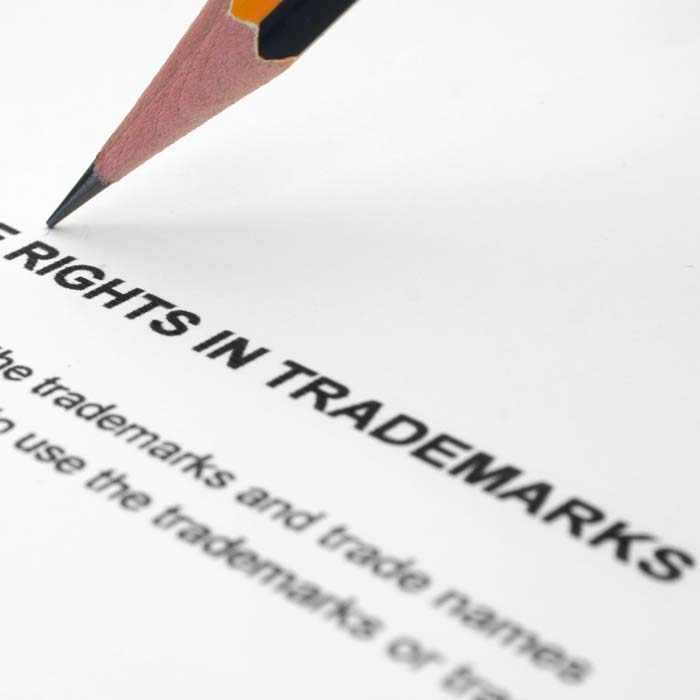
Currently, over 100 billion emails are sent and received each day.
It is projected that business email will account for 132 billion emails sent and received per day by the end of 2017. Taking these numbers into account it’s no wonder that countries across the world have now increased their legislation and enforcement of laws and regulations pertaining to e-mail. Millions of individuals and businesses throughout the world utilize e-mail for both personal and business purposes. In fact, millions of businesses depend on e-mail for marketing, internal communications, customer relation and social networking.
If you or your business are relying on e-mail as a substantial component of your business (regardless of its purpose) then I cannot recommend strongly enough that you familiarize yourself with applicable laws and regulations related to e-mail. Our attorneys are experienced in dealing with legal issues involving the sending and receiving of e-mails and we encourage you to contact us today to make sure that you fully complying with the law and not putting yourself or your company in harm’s way.
The CAN-SPAM Act of 2003 is one of the most talked about legislation when it comes to the sending of commercial e-mail. Signed into law on December 16, 2003 by President George W. Bush, the CAN-SPAM Act of 2003 sets forth the national standards for the sending of commercial e-mail. The CAN-SPAM Act of 2003 also required the Federal Trade Commission (“FTC”) to enforce its provisions.
The CAN-SPAM Act of 2003 provides the United States federal government with the authority to seek both criminal prosecution and civil enforcement against those individuals or businesses that violate the CAN-SPAM Act of 2003. If you are in the business of sending commercial e-mails then it is essential that you have discussed your activities with a lawyer that is experienced in dealing with issues involving the CAN-SPAM Act of 2003.
One of the most common misunderstandings about the CAN-SPAM Act of 2003 is that the law does not apply to just bulk email. The CAN-SPAM Act of 2003 applies to all commercial messages which the law defines as “any electronic mail message the primary purpose of which is the commercial advertisement or promotion of a commercial product of service,” including email that promotes content on commercial websites.
Each separate email in violation of the CAN-SPAM Act of 2003 can subject the sender to fines up to $16,000 per email that is in violation of the CAN-SPAC Act of 2003.
The main requirements of the CAN-SPAM Act of 2003 include:
– The prohibition of using false or misleading header information;
– The prohibition of using deceptive subject lines;
– The requirement to identify the message as an advertisement;
– The requirement to disclose recipients where the sender is located;
– The requirement to tell recipients how to opt out of receiving future email from you;
– The requirement to honor opt-out requests promptly; and
– Monitor what others are doing on your behalf.
Our law firm and its attorneys are experienced in representing our clients in issues involving the CAN-SPAM Act of 2003 including:
– E-mail and policy review for legal compliance;
– Representing clients that have been criminally charged with violating the law;
– Representing clients that have been prosecuted civilly for violating the law;
– Defending clients in Federal Trade Commission (FTC) investigations and prosecutions;
– Negotiating resolutions with the FTC for violations of the CAN-SPAM Act of 2003.
The CAN-SPAM Act of 2003 should not be taken lightly by email senders. Consulting with lawyers with a firm understanding of the CAN-SPAM Act of 2003 and cyber law generally is an essential requirement for anybody engaging in e-mail activities.
Silverstein Legal focusses its practice on dealing with individuals and businesses operating online and that use e-mail for commercial purposes. Our clients are located both in the United States and across the world and our lawyers work tirelessly to ensure that our clients can transmit e-mails without the fear of prosecution or civil liability.
We encourage you to contact us today to discuss your legal needs related to your usage of e-mail.
Recent Spam Law Articles
Federal Trade Commission (FTC) Releases Annual Summary of Consumer Complaints
In 2016, the Consumer Sentinel Network collected more than 3.1 million consumer complaints, which the FTC sorted into 30 top complaint categories. The complaint categories making up the top 10 are:
Website Lawyer, Corey Silverstein Reminds You to Have Your Online Business Reviewed for Legal Compliance
There are far too many online business operators that are not taking legal compliance seriously enough and subjecting themselves to potential liability. A commercial website is still a business regardless of the fact that its home is the world wide web, instead of a traditional brick and mortar facility. In its October 2014 Web Server Survey, NetCraft confirmed that there are over 1 billion websites on the world wide web today. If you think that governments and enforcement agencies across the world have not taken notice of this fact, then you are kidding yourself. In the United States, federal agencies such as the Federal Trade Commission (“FTC”) are prosecuting website operators at an increasing rate with more severe penalties. State attorneys are exercising subpoena power and commencing enforcement actions more than ever before and the United States has not been shy about seizing websites that are suspected of violating applicable…

























